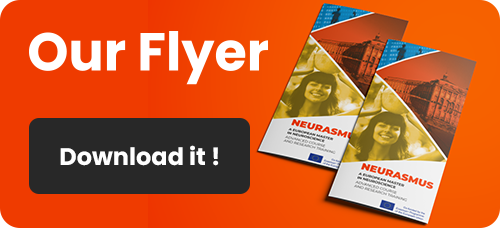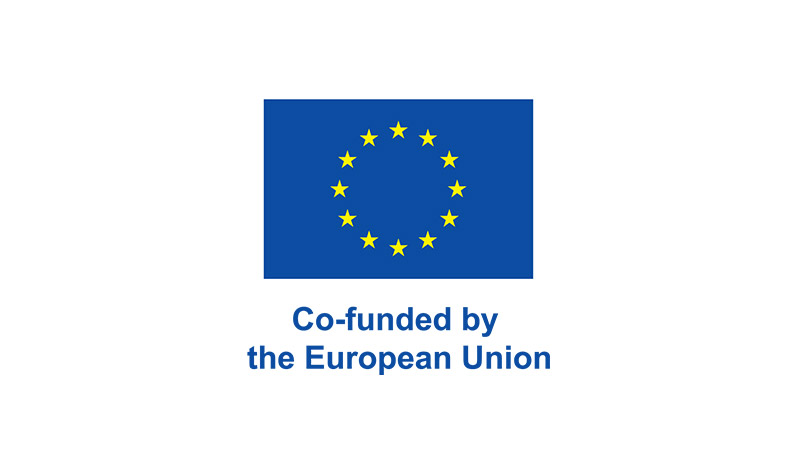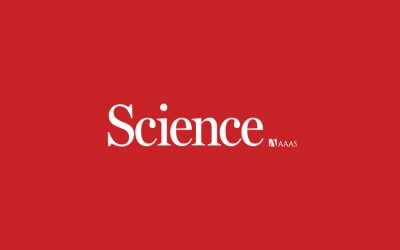This is our great pleasure to announce that our new Neurasmus application has been accepted for 5 more years of funding by the EU.
Neurasmus was conceived in 2010 by six leading universities in the field of Brain research, with strong support from a network of Associates. Up till now, it remains the only joint Master programme in Neuroscience world-wide, combining the expertise of several universities and involving a structured student mobility scheme.
Between 2011 and 2019, Neurasmus welcomed 143 students from 50 countries and from all continents. Each year, we receive 250+ applications from which we select the best 15-20 students.
Neurasmus was initially designed to provide a strictly academic training, attract the best students globally, and prepare them for PhD research (2010-2015). Over 10 years of existence, we have achieved success with these goals. This is supported by our excellent statistics on global recruitment and retention: 100% of our graduates obtained a position, including 75% pursuing a PhD in the EU. As a marker of scientific productivity, Neurasmus students and alumni have published 200+ articles (including prestigious journals such Science), with 1200+ citations.
In our second phase of development (2016-2020), we developed new strategies to enhance the career prospects of our capable young scientists in three key sectors: academic, industry, and entrepreneurship, based on new courses, a wide private-sector network, a new Advisory Board for Curriculum Development (ABCD) made of actors from all relevant professional sectors, and an alumni network supportive of graduates’ careers.
Our next ambition is to respond to new developments in our field:
- We must adapt our curriculum to properly train students to a new emerging field in Neuroscience research: neurocomputation/data management, an open door to brain modeling, artificial intelligence (AI) and brain-machine interfaces.
- We wish to further develop students’ skills in entrepreneurship, as this action is quite novel on an international scale and securing sustainable practice in both joint and local programmes requires a longer cycle of development.
- We wish to implement novel joint workshops on Quality in Research to take our responsibility in response to the global crisis in data reproducibility and fraud in research. Our strategy is to train scientists at an early stage and promote bottom-up dissemination of good practices.
We have a new addition in the Bordeaux team, as Pr Morgane Jego will co-lead the program with Pr Agnès Nadjar, Program Coordinator at University of Bordeaux . Considering the ambition of our new program, this is a fantastic news that Morgane accepted to join us.





